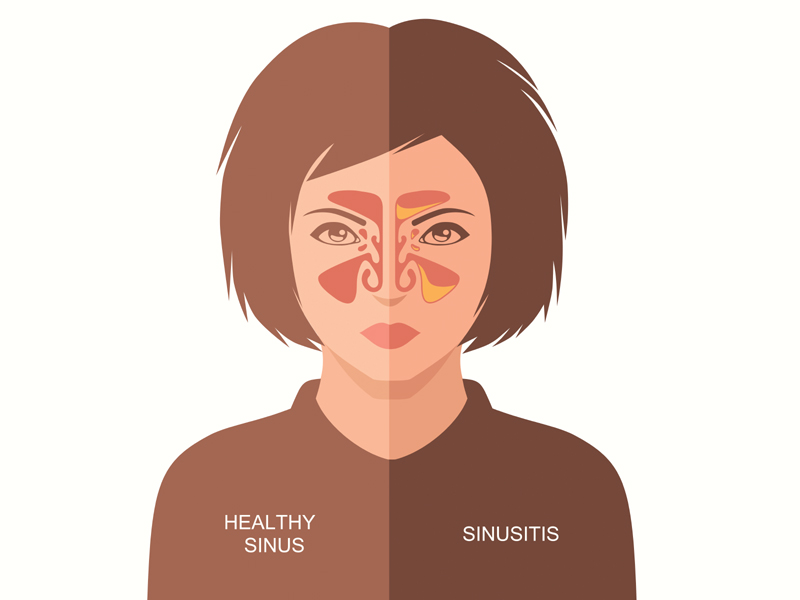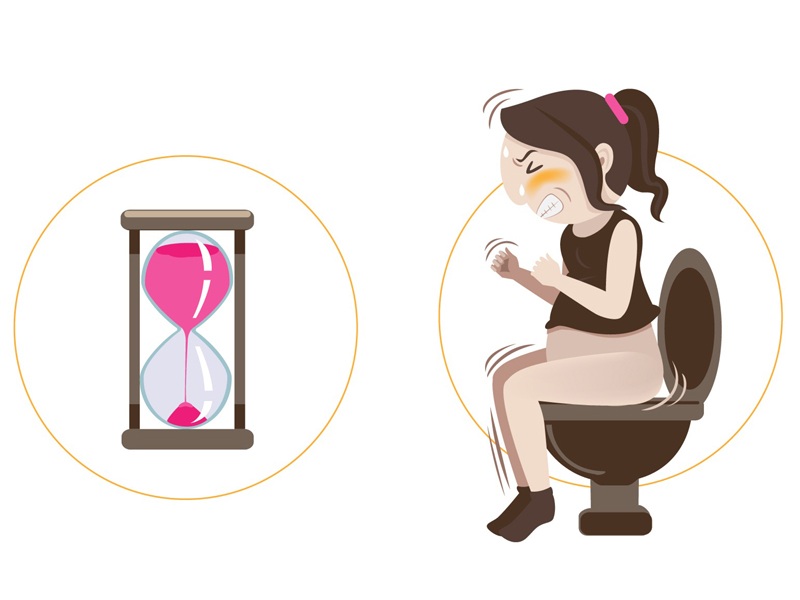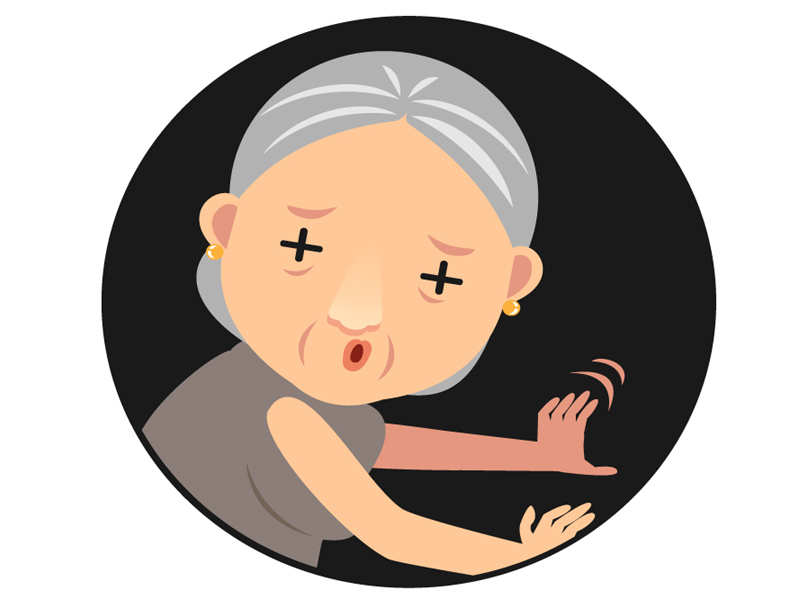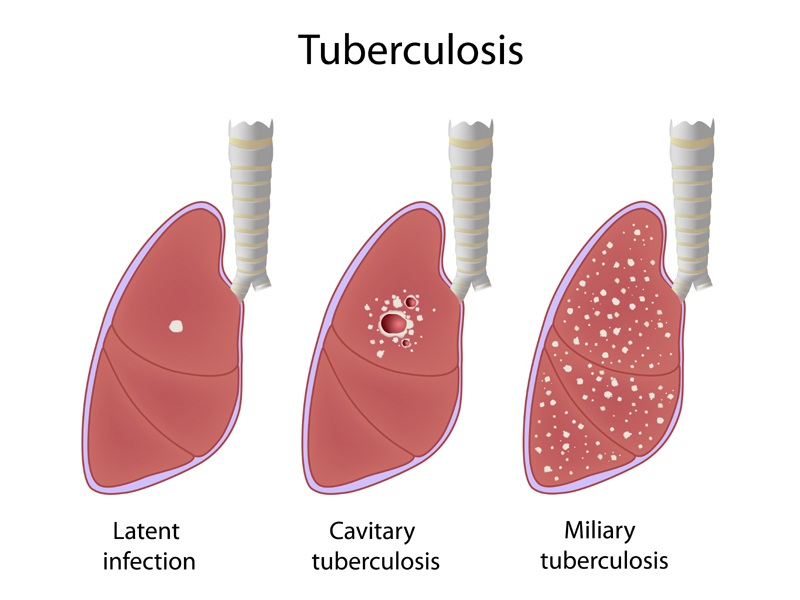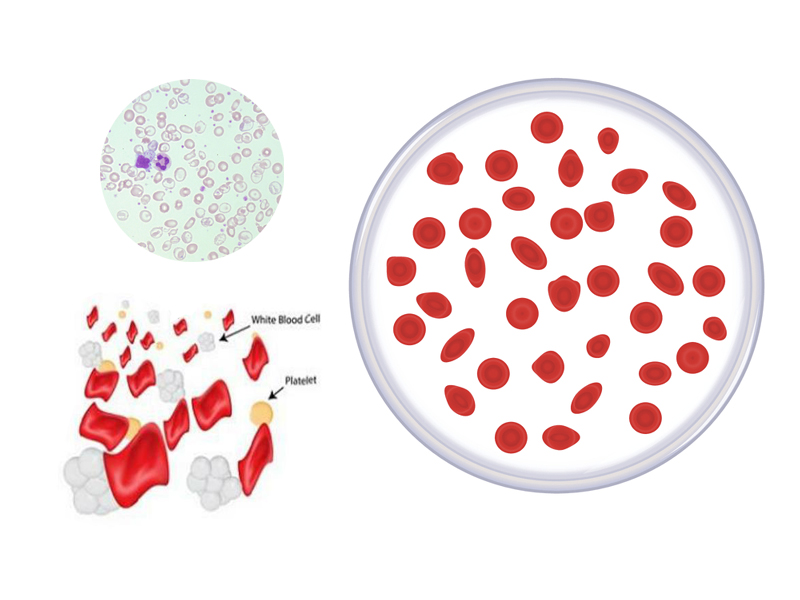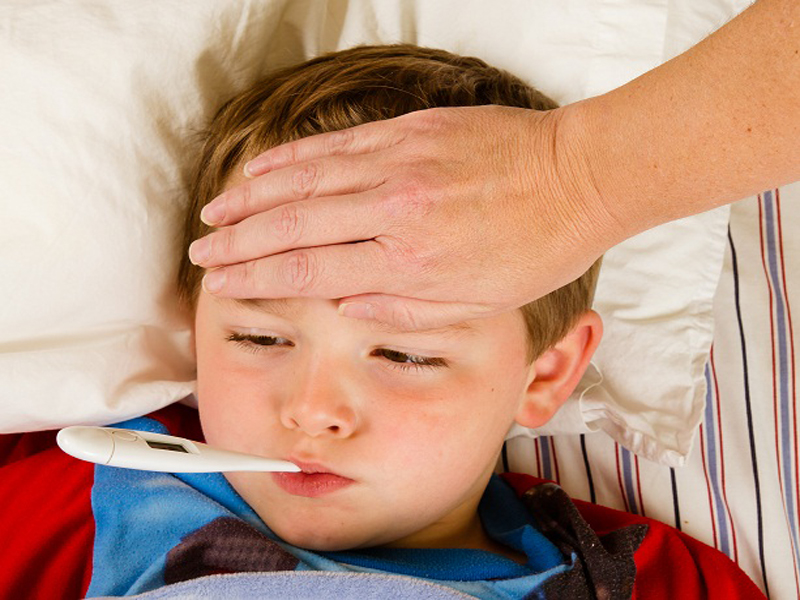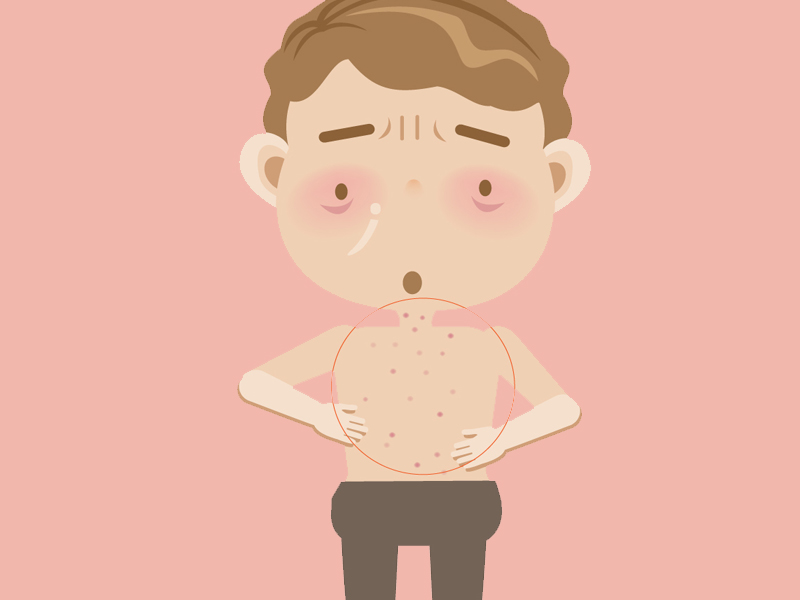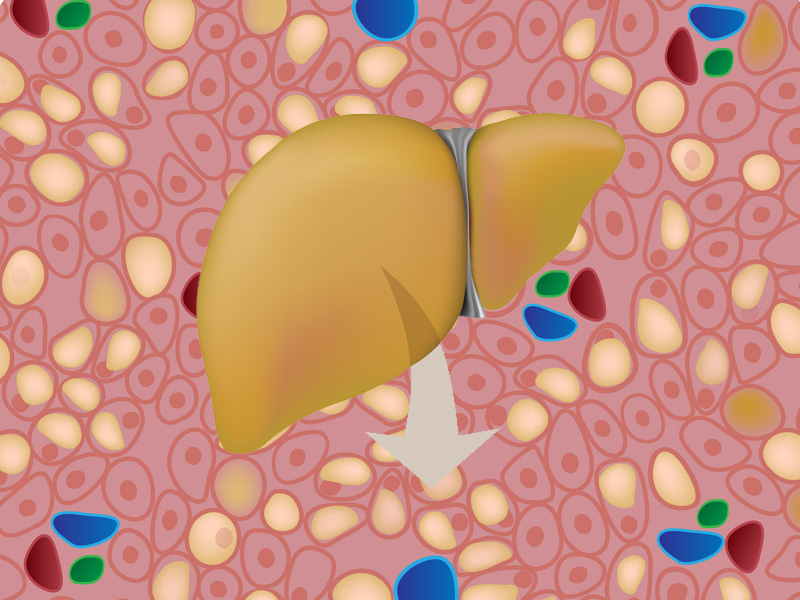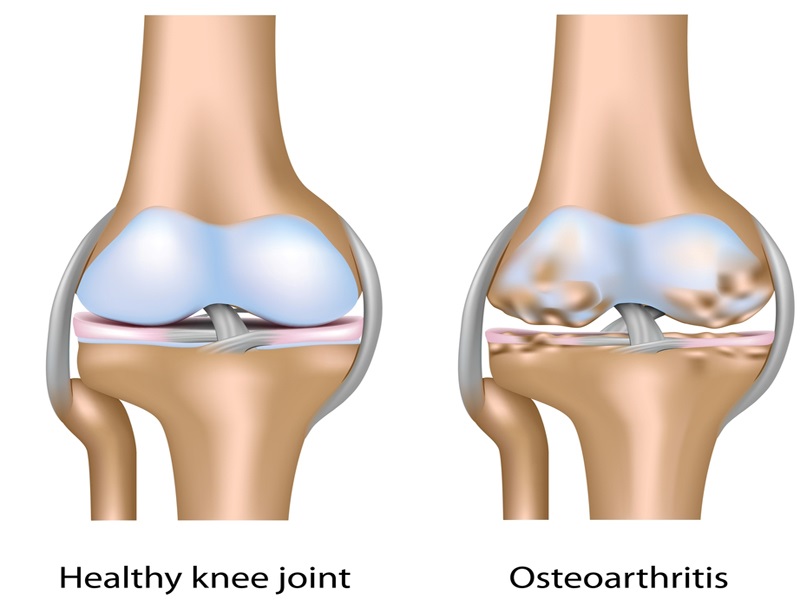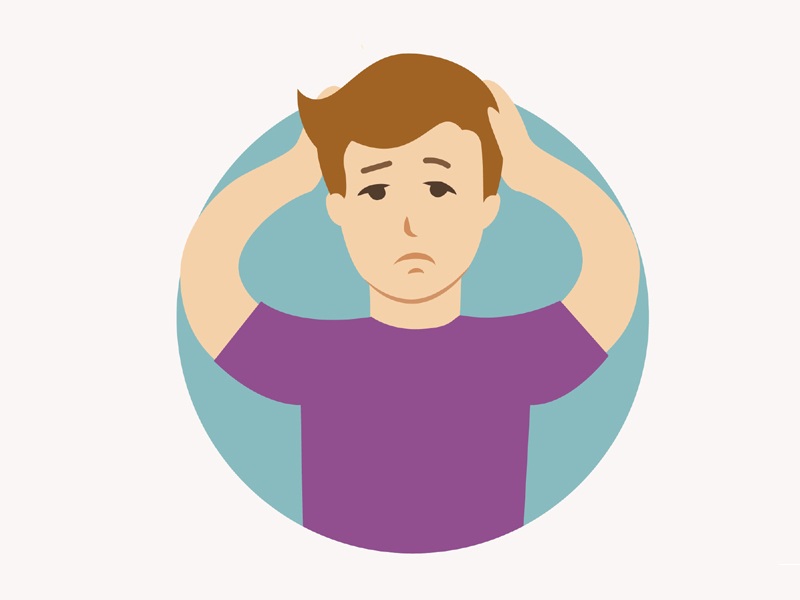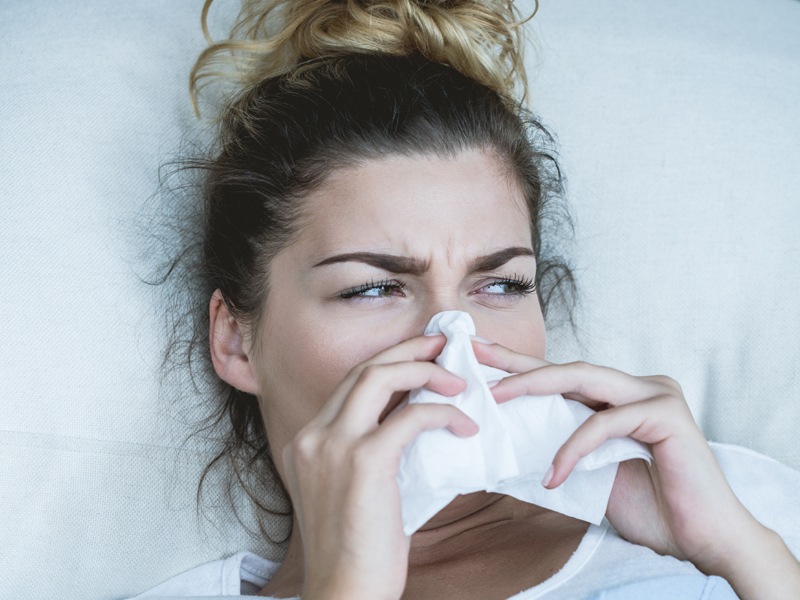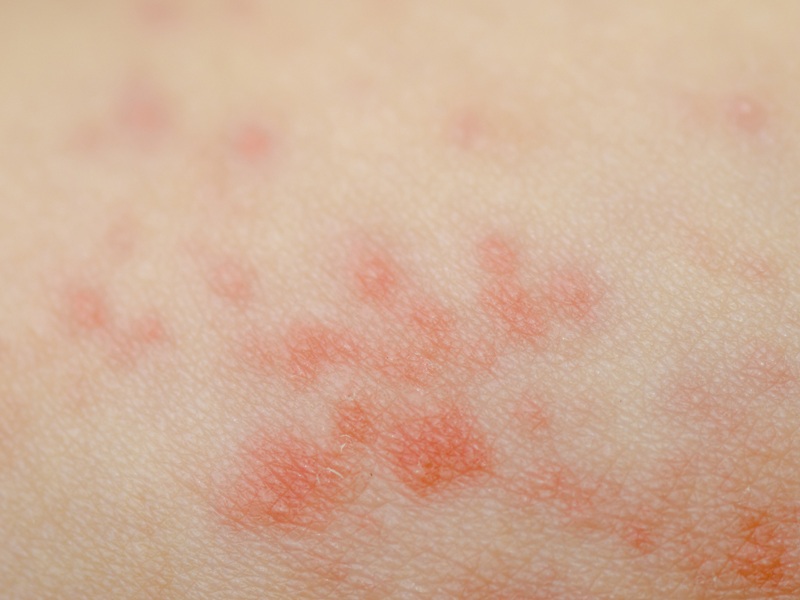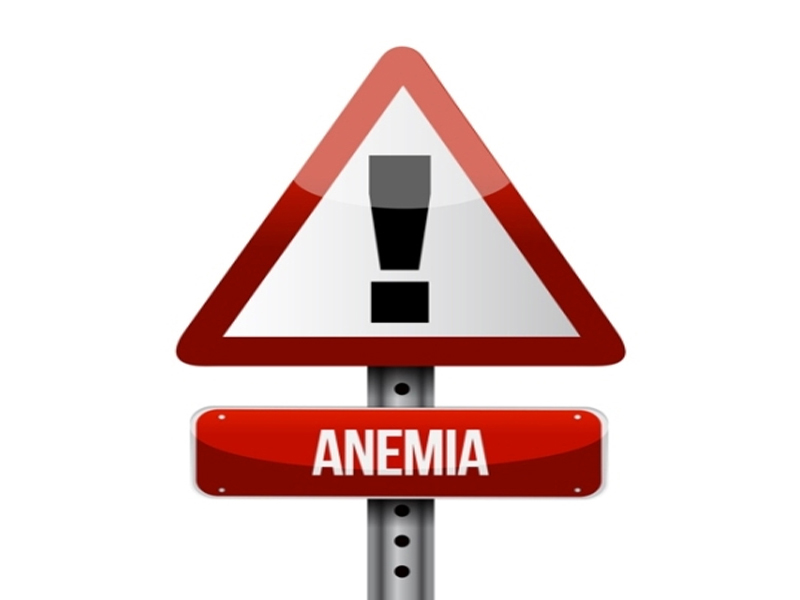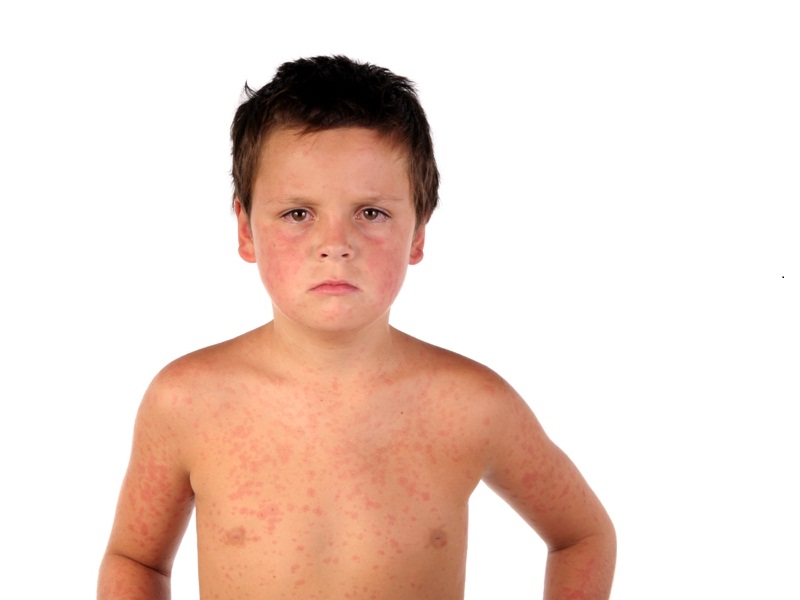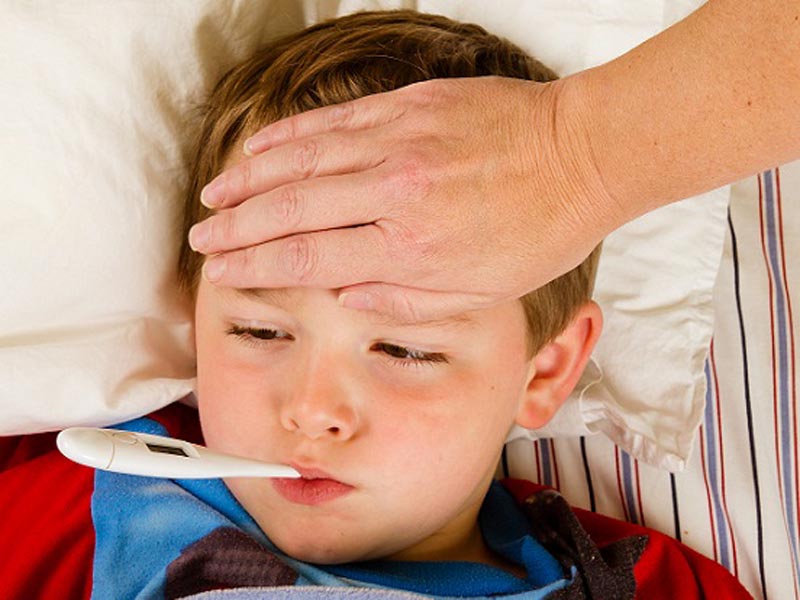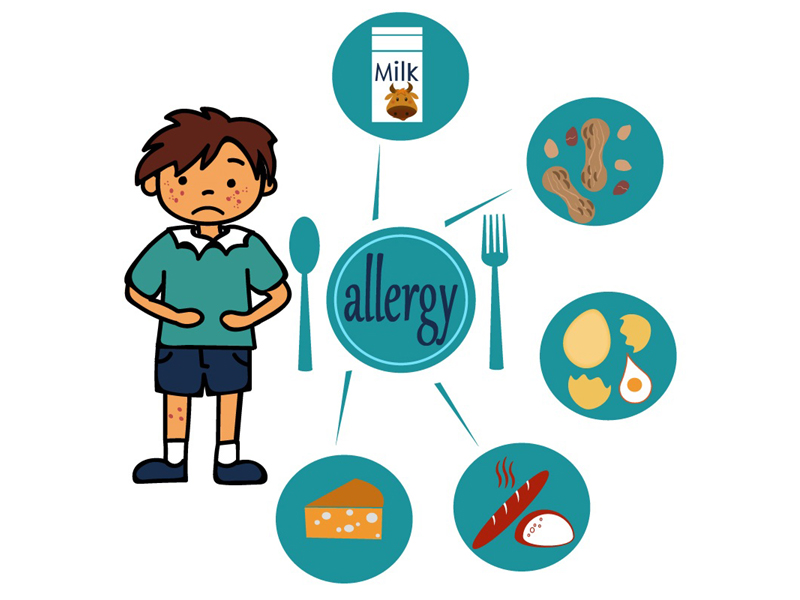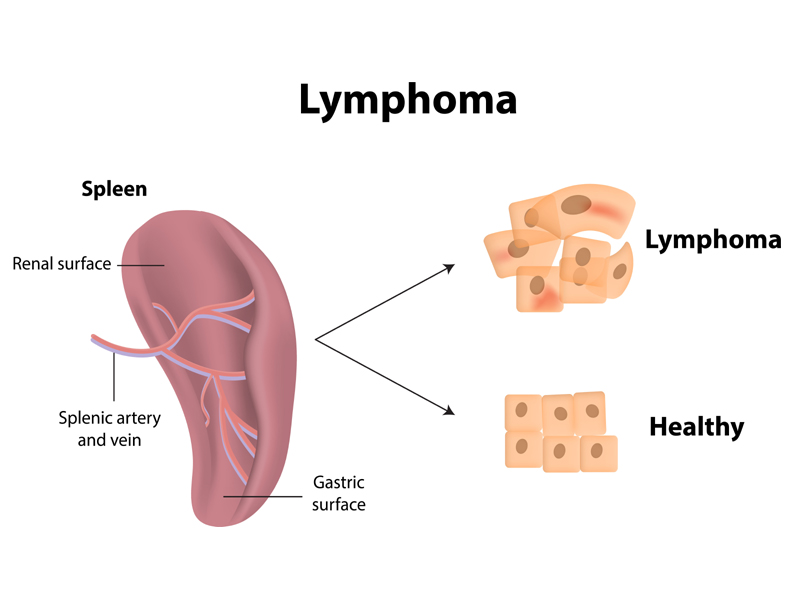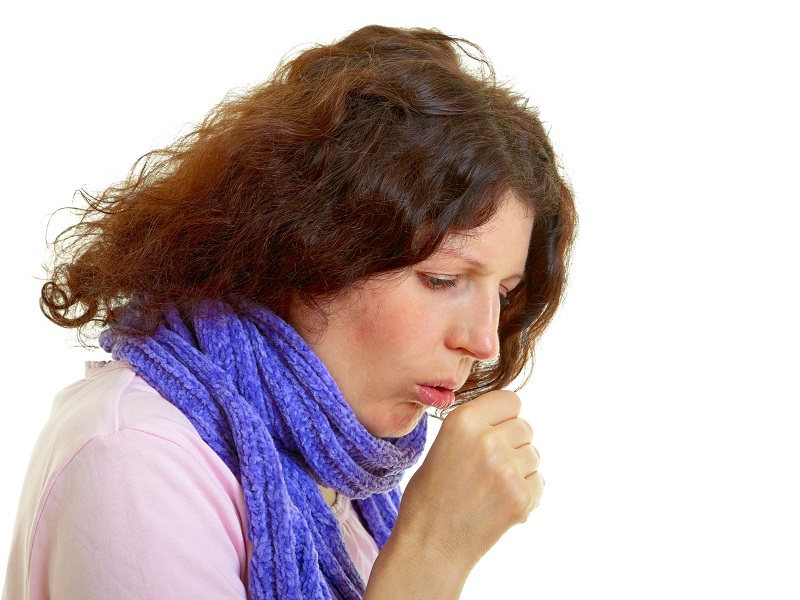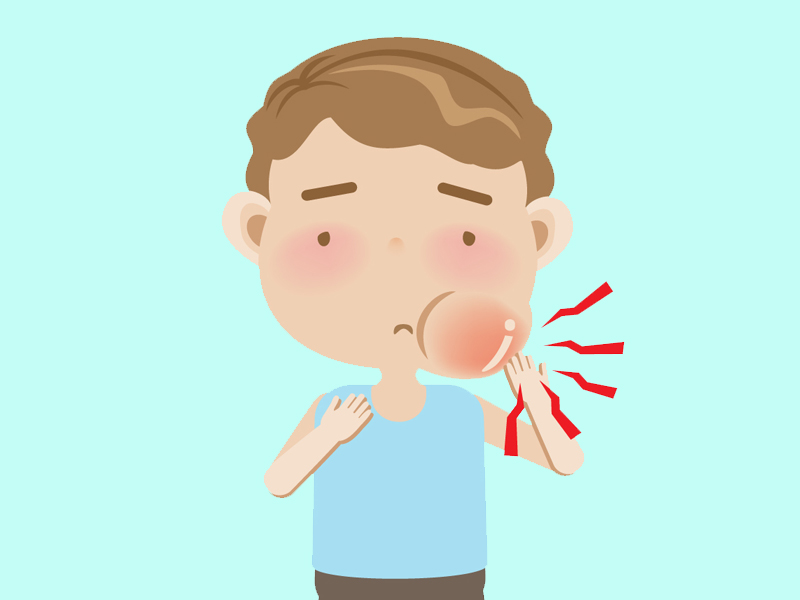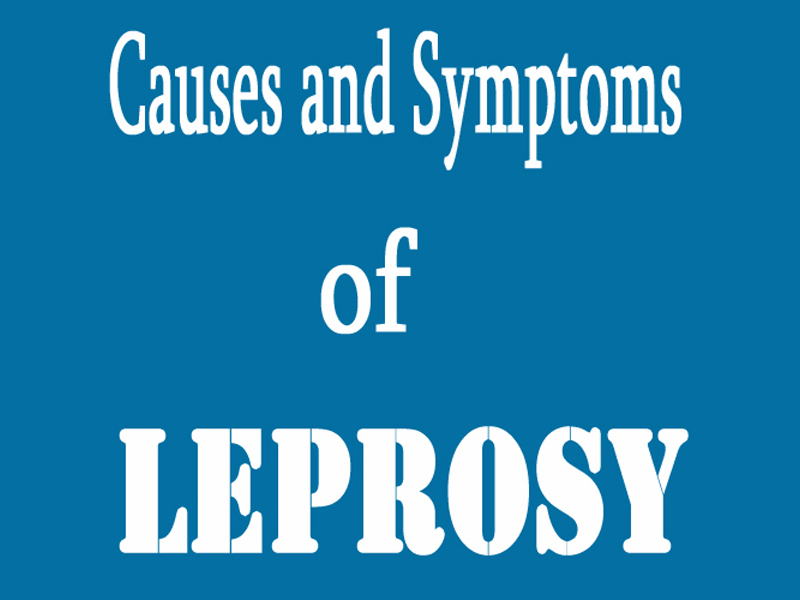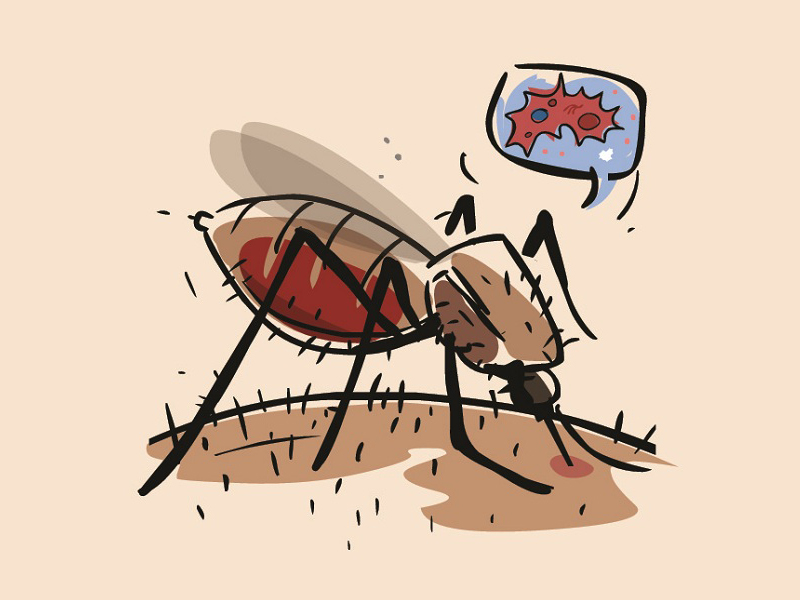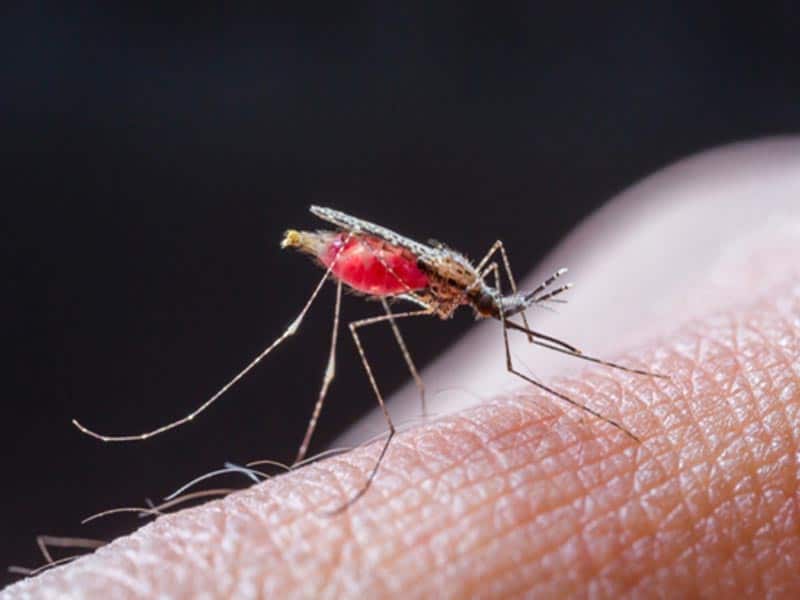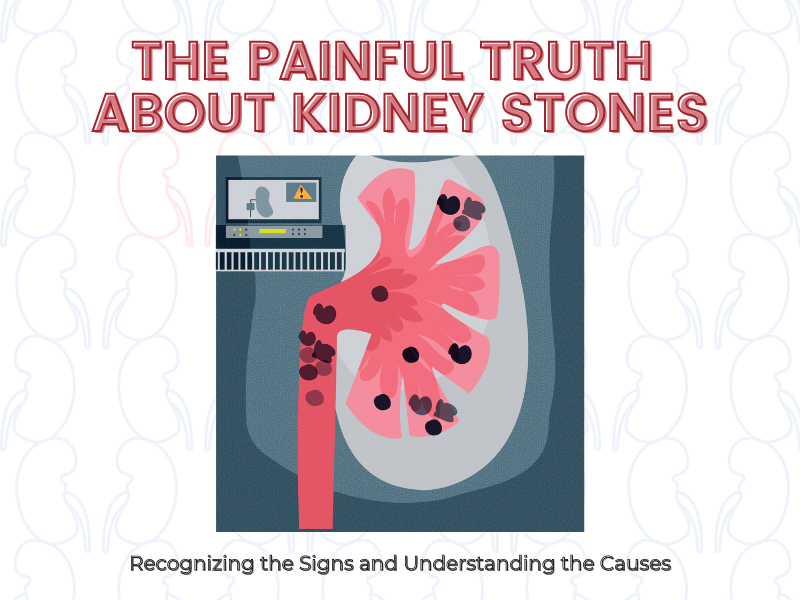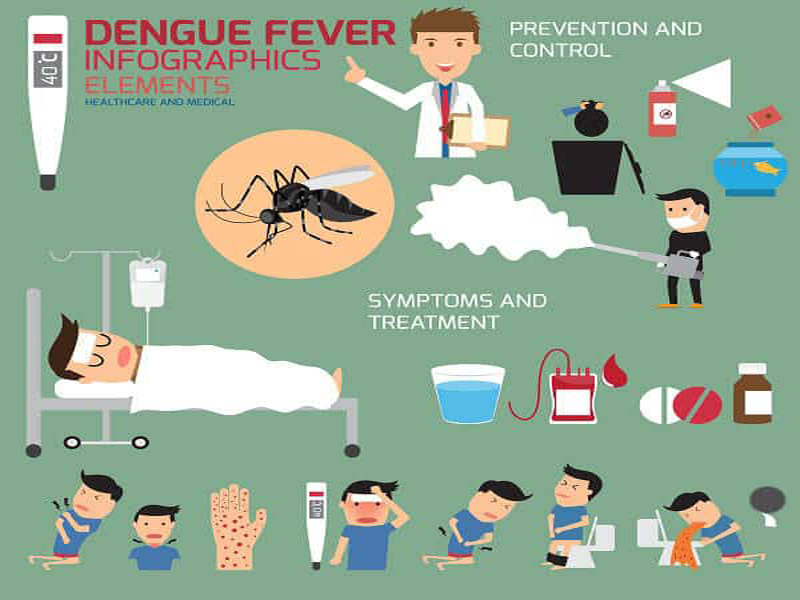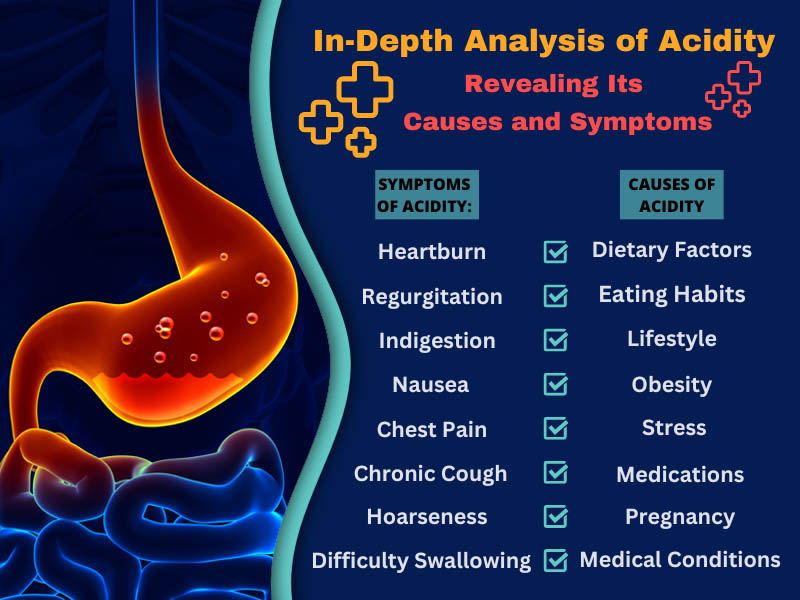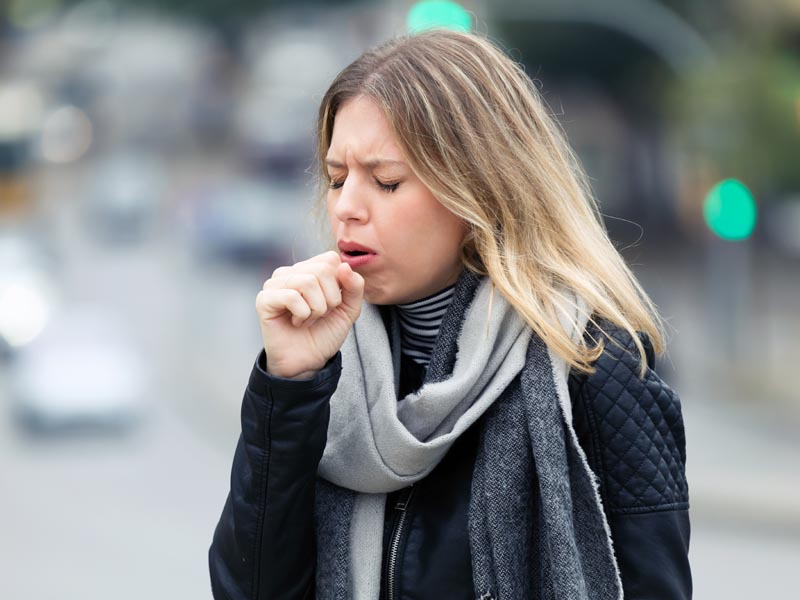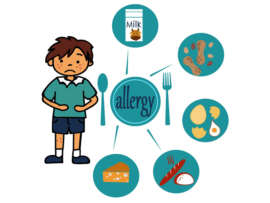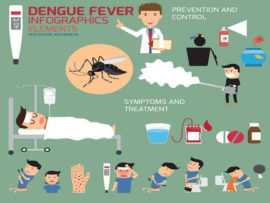Swine flu is usually a disease that is associated with the pigs. In rare cases, it can also pass on to humans, thus causing some serious issues to the human body. The influenza virus causes the swine flu, that can be treated now by using the vaccine and symptoms of swine flu are common as like all influenza infections. This prevents the disease from occurring to humans, especially children.
What Is Swine flu | Symptoms And Causes | Diagnosis | Risk Factor| Preventive Measures
What is Swine flu?
Swine flu is popularly understood as a respiratory disease. When humans contract this disease via the h1n1 virus, it can lead to serious respiratory problems. These viruses are known to infect the respiratory tract of pigs. The disease can quickly spread to other people around you, thus making it a contagious disease of higher degree. The H1N1 is the most common subtype of influenza. However, the other forms like H1N2, H3N1 viruses also can lead to flu.
Swine flu fever temperature is usually 100F or more. It is accompanied by a serious cough. The disease is known to last for seven to eight days and in some cases, where the infection is accompanied, it can last up to ten days.
Symptoms And Causes Of Swine Flu:
Causes of Swine flu:
The prime causes of swine flu are the H1N1 virus. A major outbreak happened in the year 2009 and H1N1 was responsible for it. The influenza A virus or H3N2 was the later cause of swine flu, that happened in the year 2011. Initially, the children were tested positive for swine flu. Contact with the following also cause flu
1. Infected Pigs:
One of the most likely ways to catch the swine flu is coming in contact with an infected pig. Transmission of the virus becomes easy in this case.
2. Infected Humans:
The another less likely way to catch swine flu is coming in contact with an infected human. Although the chances are less, we cannot rule this out.
See Also: How To Use Honey For Sore Throat
Symptoms of Swine flu:
Symptoms of swine flu in children or in adults are more or less similar to that of regular flu. (1)
- Sore throat
- Dry cough
- Chills
- Headache
- Tiredness
- In rare cases, the victim also experiences vomiting and diarrhoea.
- Fever
- Pain in the muscles
- Runny or stuffy nose.
Since the symptoms are similar to that of any fever, it is hard to tell whether it is indeed swine flu. Always recommended to test with the doctor to confirm the changes.
Diagnosis of Swine flu:
The diagnosis of swine flu usually happens after observing the symptoms exhibited.
1. Rapid Influenza Test:
This test will help identify swine flu. The effectiveness of this test cannot be vouched for and sometimes other specialised tests may be needed.
2. Nasopharyngeal Test:
This test is usually done to check if the patient has influenza A or B virus. If the test shows positive for type B, it usually is not swine flu.
3. Identifying Antigens:
The other common way to diagnose swine flu is by identifying the particular antigen. This test is done in specialized laboratories.
See Also: Home Remedies To Control Vomiting
Risk Factor of Swine flu:
Here are some possible risk factors. Remember that some people are at a greater risk of catching one than the others.
- Children aged 5 or less is probable.
- Swine flu symptoms in pregnancy may show. Pregnant women are at a greater risk of contracting one.
- People aged over 65 years.
- People with chronic diseases.
- A weak immune system is another way for the virus to seep in.
How to Avoid Swine flu Attack?
Here are some preventive measures:
- Wash your hands and face regularly, especially if you just went out and came back;
- Limit contact with people who are infected with swine flu and have been contracted with one, or people in general. You do not know who is at the risk of one.
- Cover your mouth with a tissue when you sneeze or do the same when anyone else sneezes;
- Keep the objects around neat and clean;
- Use alcohol-based hand sanitizer to keep your hands clean. Do the same before you begin to eat.
- Wash your clothes with Dettol or anything that sanitizes your clothes.
The idea is to stay as clean and neat as possible. The only effective way to prevent the swine flu virus is to stay in clean surroundings.
Do’s and Don’t’s During Swine flu:
Do:
- Wash your hands, feet and body very well with sanitizers.
- Avoid contact with people or crowd for a while.
- Cover your mouth and nose, especially when you are in a crowd.
- Use hand sanitizers, especially before eating with your hands.
Don’t:
- Touch or hold things that were close to a person’s sneeze. The droplets linger around for a while.
- Eat pork meat. Keep away meat of any sort for a while.
- Eat in the streets. Cover your food after you cook.
Drinking liquids and eating a balanced diet is one good home remedy and a preventive measure of swine flu. Start following a simple cleanliness routine to stay away from the possibility of contracting swine flu. As they say, prevention is better than cure!
Frequently Asked Questions
1. Can Swine flu Cause Death?
Cause of death in swine flu is usually because of the intensity of the virus and the infection that the respiratory system catches. So, if you experience any discomfort in the body, it is at best to take it to the notice of your doctor.
2. Can I Eat Pork and Other Meat Products During The Outbreak?
Pork and meat products are safe to eat when the pork is cooked at 70 degree Celsius. The food products need to be handled properly so that transmission does not happen to humans. Remember to cook your meat well.
3. Are There Home Remedies for Swine flu?
Ginseng cayenne pepper, menthol etc. have been considered to be good home remedies for flu over the counter medicines are also available, like, ibuprofen, naproxen and acetaminophen. However, we recommend you to talk to a doctor first to understand if you can take them.
Disclaimer: While most of the times, the symptoms may seem like any normal flu, do not ignore them. Take them to the notice of your doctor immediately. Do not undertake any of the tests mentioned without the advice of your doctor.















